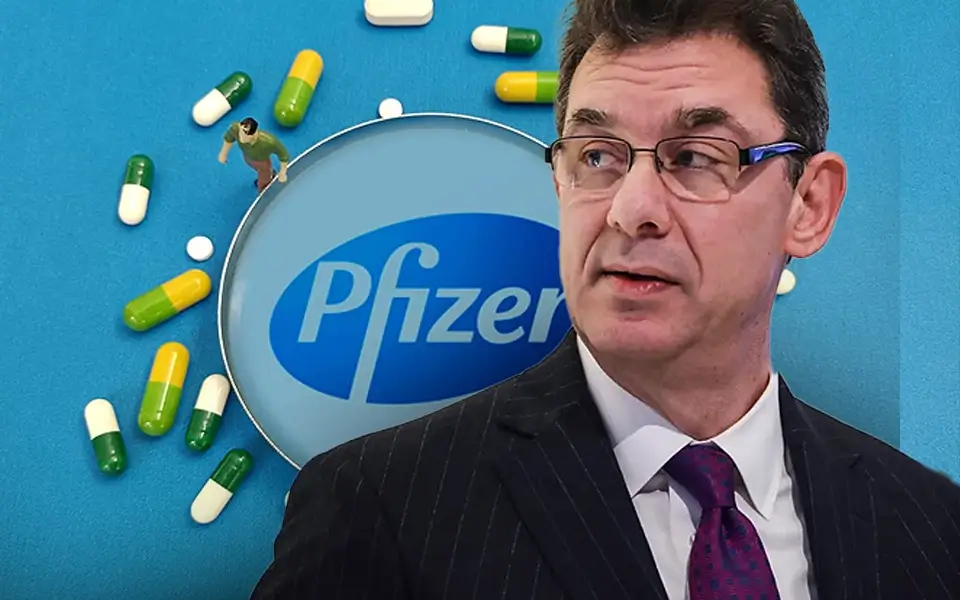Pfizer recently announced promising early findings for its experimental drug, ponsegromab, which is an anti-cancer cachexia medicine. Cancer cachexia is a potentially life-threatening condition that causes loss of appetite and incredible weight loss in cancer patients. The disease affects around 9 million people worldwide, and the overall survival time of patients with this disease is about one year due to complications such as loss of muscle mass and diminished physical function in 80% of the cases.
The Clinical Trial and Key Findings
ESMO 2024 had disclosed results of a phase 2 study on 187 patients with advanced cancers such as non-small cell lung cancer, pancreatic, and colorectal who received ponsegromab. Patients in this trial had abnormal levels of the growth differentiation factor 15 protein; elevated GDF-15 levels are common in chronic diseases, including cancer. Elevated GDF-15 levels are associated with numerous effects on the body but notably include alterations in appetite.
The drug met the principal clinical endpoint by displaying prominent increases in body weight. The maximum dosage of 400 mg resulted in a rise of 5.6% in body weight from that recorded in the placebo at the end of the 12-week follow-up. Both lower dosages of 100 and 200 mg provided weight gains of 2% and 3.5%, respectively. Importantly, the study showed not only weight gain but also increases in muscle mass, quality of life, and physical function, which are key factors for patients suffering from cancer cachexia because the condition often makes cancer treatments less effective and severely hampers patients’ daily lives.
Most importantly, Pfizer stressed the fact that no serious adverse effects occurred. The percentage of adverse events caused by treatment was smaller, 7.7%, among participants in the ponsegromab group compared to the control group: 8.9%, which shows good safety of the drug. The company will proceed to final stages and is eagerly expecting approval from regulatory authorities in just a few years from now; further studies are expected to start in 2025.
Potential Impact and Future Outlook
If successful, ponsegromab would provide the first FDA-approved drug against cachexia, a condition that has been awaiting a medical solution for decades. Pfizer seeks to revive the appetite and gain weight by inhibiting GDF-15. In cancer patients, this might improve the tolerance towards treatments while positively affecting health outcomes. The new drug is also in trials regarding cachexia in heart failure patients who, likewise, may experience cachexia.
Pfizer early development head Charlotte Allerton expressed her optimism that ponsegromab could effectively meet this major unmet medical need, opening the door to better patient wellness and improved tolerance to treatment. That can significantly improve the quality of life for millions of cancer patients across the world who currently have no targeted therapies for cachexia.
Although the revenue potential for ponsegromab is still unknown, effective management of this drug could bring new doors to applying a potential theory, but further than what seems only applicable in the case of cancer, and this might be in managing chronic diseases associated with cachexia.
The study’s findings were published in highly reputed journals and well presented at key international conferences on oncology; this reflects the significance of these discoveries by the cancer treatment community.
Media Coverage
Several newswires, such as CNBC, Alphastox, FinanzNachrichten, and Democratic Underground, are reporting that this discovery may help ponsegromab be a therapy to change the game for cancer cachexia. They emphasized how safe the drug appeared to be, and Pfizer plans for it after clinching a successful weight gain in this particular clinical trial.
This is an important step in cancer care: it’s so promising that experts may soon find a hole in the treatment to which ponsegromab could be the solution. The coming process will be very closely watched in the medical community in order to see if it gets on with this positive trend, and ponsegromab will be hopeful and well in the middle of bigger, late-stage trials.
The successful development of ponsegromab is considered a major milestone in cancer care in terms of the management of cachexia and in making cancer therapies more potent, thereby enhancing the prognosis of patients with cancer.



